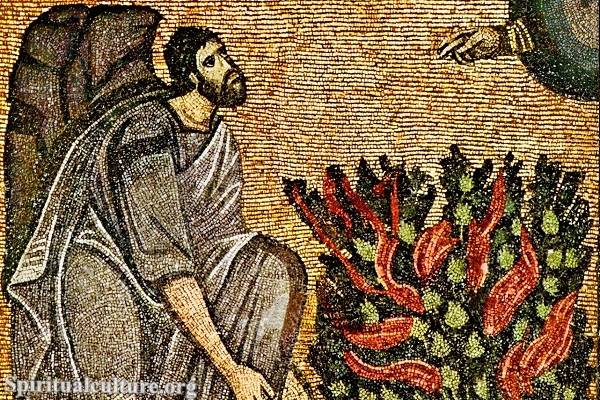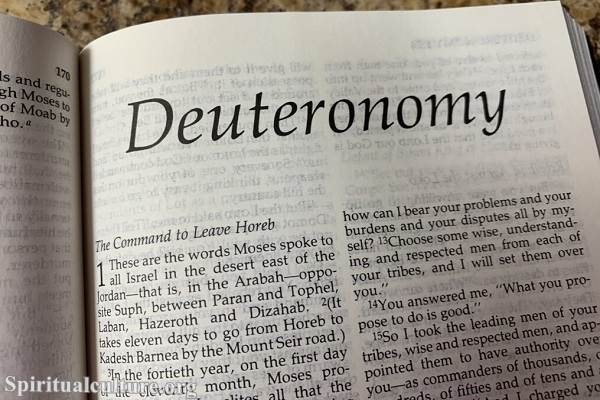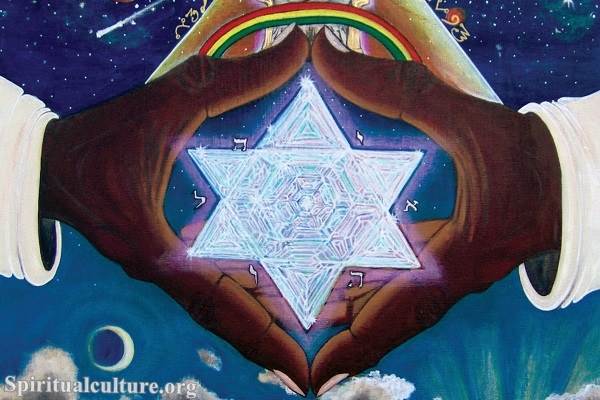The Hebrew Bible, known as the Tanakh in Jewish tradition and as the Old Testament in Christianity, is a fundamental text that significantly shapes Jewish life, faith, and culture. It is a rich compilation of religious texts, laws, historical accounts, and prophetic writings that form the bedrock of Judaism and provide deep insights into Jewish religious practices and societal norms.
Judaism and the Hebrew Bible
At the heart of Judaism lies the Hebrew Bible, a revered repository of divine revelations, ethical guidelines, and historical narratives. It is divided into three main sections: the Torah (The Law), the Nevi’im (The Prophets), and the Ketuvim (The Writings).
The Torah, also known as the Pentateuch, is the first and most significant part of the Hebrew Bible. It consists of five books: Genesis, Exodus, Leviticus, Numbers, and Deuteronomy. These books chronicle the creation of the world, the early history of humanity, the formation of the Israelite nation, their exodus from Egypt, their wanderings in the desert, and the establishment of religious and moral laws.
The Nevi’im consists of historical and prophetic books. It narrates the history of the Israelites, their relationship with God, and prophecies about their future. The Ketuvim contains poetic and wisdom literature, including Psalms, Proverbs, and Job.
The Hebrew Bible in Jewish Life
The Hebrew Bible plays a pivotal role in Jewish life and practice. It is not merely a book to be read but a source of life lessons, guiding principles, and a roadmap for living a righteous life. It is studied intensively in Jewish educational institutions, recited in daily prayers, and read publicly during synagogue services.
The Hebrew Bible is also the source of the mitzvot, commandments that govern every aspect of Jewish life. These commandments range from ethical guidelines, such as honoring parents and helping the needy, to ritual laws, such as observing the Sabbath and dietary laws.
Moreover, the Hebrew Bible is central to the Jewish cycle of life. It is present at every milestone, from the naming ceremony of a newborn, the Bar or Bat Mitzvah of a teenager, the wedding of a couple, to the mourning rituals for the deceased.
The Jewish Bible as a Cultural Treasure
Beyond its religious significance, the Hebrew Bible is a cultural treasure for the Jewish people. It is a historical record that traces the Jewish people’s origins, their trials and triumphs, their relationship with God, and their unique identity and destiny. It is a testament to their resilience, faith, and enduring hope.
The Hebrew Bible is also a literary masterpiece, filled with stirring narratives, profound wisdom, beautiful poetry, and powerful imagery. It has inspired countless works of literature, art, music, and philosophy and continues to captivate and challenge readers today.
Furthermore, the Hebrew Bible is a bridge that connects Jews worldwide. Regardless of their geographical location, language, or cultural background, Jews find a common bond in the shared study and reverence of the Hebrew Bible. It is a unifying force that strengthens Jewish identity and continuity.
Conclusion
The Hebrew Bible is much more than a religious text for the Jewish people. It is a guide to living, a historical record, a literary gem, and a communal bond. It is a living document that continues to speak to each generation, offering timeless wisdom and guidance. It is the heart of Judaism, the soul of Jewish culture, and the backbone of Jewish identity. Indeed, to understand Judaism and the Jewish people, one must begin with the Hebrew Bible.



